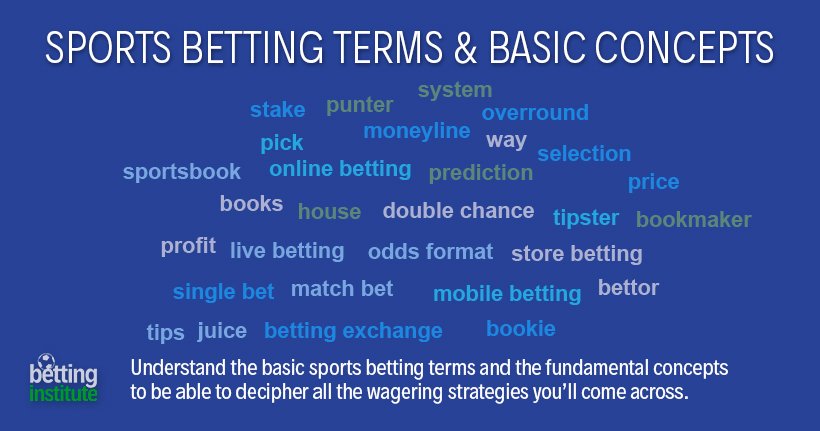Analytics has revolutionized many industries, and sports betting is no exception. In today’s betting landscape, analytics provides crucial insights that can significantly improve a bettor’s chances of making informed and successful wagers. Here’s how analytics plays a role in modern sports betting:

Data-Driven Decision Making
Modern sports betting thrives on data. Analytics allows bettors to sift through vast amounts of data on team performance, player statistics, historical trends, and situational variables to make more informed decisions. By using data analytics, bettors can better understand the factors that influence the outcome of games and events.
Examples of Key Metrics
Player efficiency ratings, possession-based metrics, and shot conversion rates in football or basketball can offer insights that odds may not fully reflect.
Predictive Models
Predictive models are one of the most powerful tools in sports betting analytics. These models use historical data to predict future outcomes based on statistical probabilities. Machine learning algorithms, for instance, can analyze patterns from past games and adjust based on current variables such as injuries, weather conditions, and home-field advantage.
Machine Learning in Betting
By constantly updating and learning from new data, machine learning models become more accurate over time, helping bettors make precise predictions.
Player and Team Analysis
Analytics provides in-depth player and team analysis, allowing bettors to evaluate individual performance beyond what is typically reflected in traditional statistics. Advanced metrics such as Expected Goals (xG) in soccer or Effective Field Goal Percentage (eFG%) in basketball give a more nuanced view of a player’s or team’s efficiency.
- Real-Time Performance Analysis: Bettors can track player fitness, matchups, or head-to-head statistics in real-time to gauge how an athlete or team may perform in upcoming games.
Line Movement and Odds Analysis
Analytics helps bettors monitor line movement and odds changes. Sharp bettors often look for discrepancies between the initial odds set by sportsbooks and how they shift based on public betting. By analyzing these movements, bettors can identify opportunities to place value bets when the odds have moved in favor of or against public sentiment.
Line Tracking Tools
Some betting tools can automatically track line movements across multiple sportsbooks, giving bettors an edge in placing their bets at the best possible time.
In-Game Betting and Live Analytics
Live betting, or in-game betting, is one of the fastest-growing trends in sports betting, and it heavily relies on real-time analytics. With live data streams, bettors can make decisions on-the-fly based on in-game performance. Analytics platforms that offer real-time insights help bettors react to changing circumstances, such as injuries or momentum shifts, to place better-informed live bets.
Real-Time Stats
Data like possession, shots on goal, or turnovers can be analyzed in real time to guide live betting decisions.
Risk Management
Analytics also plays a critical role in risk management for both bettors and sportsbooks. Bettors can use analytics to minimize risk by diversifying their bets or employing staking strategies based on statistical analysis. Meanwhile, sportsbooks use their own analytics tools to manage their exposure to certain bets and set odds accordingly.
Bankroll Management
Analytical tools help bettors develop a sound staking plan based on probability, reducing the risk of large losses.
Public Betting Trends
Tracking public betting trends is another valuable application of analytics.
Contrarian Betting
Bettors can use tools that analyze betting percentages to find value in underdog bets or spots where the public has heavily influenced odds.
Betting Models and Custom Algorithms
Some experienced bettors develop custom betting models or use existing ones to find inefficiencies in the market.
Backtesting
Bettors can use historical data to backtest their models, ensuring they are effective before using them with real money.
Evaluating Sportsbook Performance
Analytics can also be applied to evaluating sportsbook performance. Bettors can track how well sportsbooks perform in terms of setting accurate odds and whether there are recurring patterns where the house odds consistently miss the mark. This information can be leveraged to exploit market inefficiencies.
Enhanced Fan Engagement
For casual bettors, analytics enhances the overall experience of sports betting by providing deeper insights into the games they love.
Conclusion
Analytics is reshaping the sports betting industry by providing bettors with powerful tools to make data-driven decisions. From predictive modeling to real-time performance analysis, those who leverage analytics are better positioned to find value and increase their success in the betting world. Whether you’re a casual bettor or a seasoned professional, embracing analytics is a game-changer in modern sports betting.











